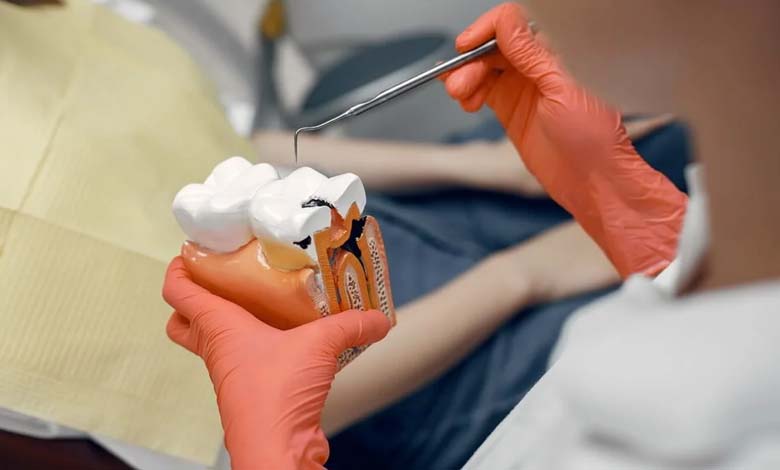How Root Canal Treatment Contributes to Heart Health

Oral health and heart health may seem like distinct medical domains at first glance. However, numerous recent scientific studies have highlighted a strong connection between the condition of our teeth and gums and the health of our cardiovascular system. Among dental interventions, endodontic treatment — commonly referred to as root canal therapy — appears to be a practice that can indirectly influence heart health. This article explores the biological and clinical mechanisms through which root canal treatment may contribute to the prevention of cardiovascular diseases.
-
Ignoring “ordinary toothache” can lead to “serious” health consequences
-
Neglecting Oral Health Can Be Life-Threatening
Infected teeth and systemic inflammation
Teeth affected by pulp infections — that is, inflammation or infection of the dental nerve — can become persistent bacterial reservoirs. Such infections are not limited to the oral cavity; they can trigger a systemic inflammatory response. Studies have shown that the presence of oral bacteria in the bloodstream can chronically activate the immune system, releasing pro-inflammatory cytokines. These molecules promote the formation of atheromatous plaques in the coronary arteries, increasing the risk of atherosclerosis, myocardial infarction, and other cardiovascular diseases.
Endodontic treatment removes the infected pulp and disinfects the root canal, eliminating the source of bacteria and reducing both local and systemic inflammation. By eliminating this chronic inflammation, the body experiences a lower exposure to pro-inflammatory mediators, which can ease the burden on the cardiovascular system.
-
Study: Oral Bacteria Protect Against Cognitive Decline in the Brain
-
How Can Oral Bacteria Cause Cancer?
Effect on pathogenic bacteria and the oral microbiome
Root canal treatment also plays a crucial role in controlling the oral microbiome. An infected tooth may harbor pathogenic bacteria such as Porphyromonas gingivalis and Streptococcus mutans, which can migrate into the bloodstream, especially during everyday activities like chewing or brushing. Once in the circulatory system, these bacteria can adhere to arterial walls, contribute to plaque formation, and increase the risk of heart disease.
By removing the primary source of these bacteria, endodontic treatment reduces the bacterial load in the oral cavity, indirectly improving vascular health. This approach aligns with a broader strategy of cardiovascular prevention through the control of chronic infections.
Improving quality of life and reducing stress
Beyond direct biological effects, root canal treatment influences heart health through indirect mechanisms. An infected or painful tooth can cause chronic stress for the patient. Prolonged stress is a recognized cardiovascular risk factor: it can increase
blood pressure, alter heart rhythm, and promote cortisol release — a hormone that, in excess, damages blood vessels.
By relieving pain and eliminating infection, root canal therapy reduces physiological and psychological stress, contributing to long-term heart protection.
-
Probiotics: The Hidden Tool to Protect Your Gut from Medication-Induced Damage
-
Does Beetroot Juice Help Detoxify the Liver? A Deep Scientific Analysis
Clinical evidence and recommendations
Several epidemiological studies support the link between endodontic treatment and cardiovascular health. For instance, a study published in the Journal of Endodontics found that patients who underwent root canal treatment for infected teeth showed a significant reduction in circulating inflammatory markers, such as C-reactive protein, an indicator of cardiovascular risk.
Dentists and cardiologists increasingly agree on the importance of an integrated approach: dental care, particularly the treatment of pulp infections, should not be viewed solely as an oral health issue but as an essential factor in preventing chronic diseases, including heart disease.
Root canal treatment is not merely about saving a tooth or relieving pain. It is a crucial step in reducing systemic inflammation, controlling the spread of pathogenic bacteria, and alleviating physiological stress. In this sense, it can play a meaningful role in protecting heart health. To maintain a healthy heart, dental care should be considered an integral component of overall health.












